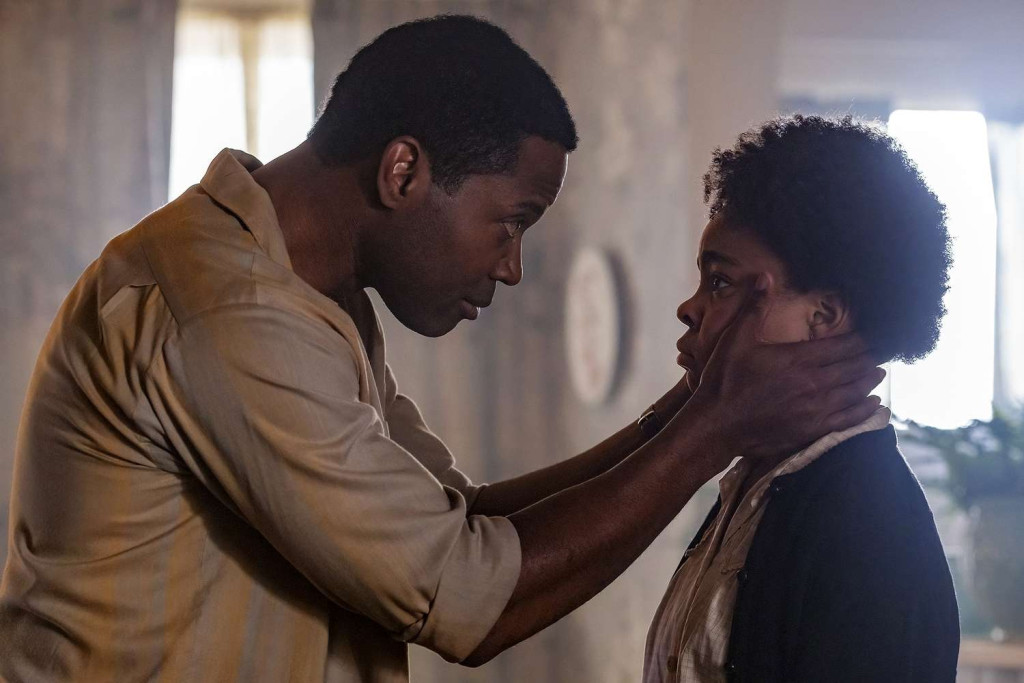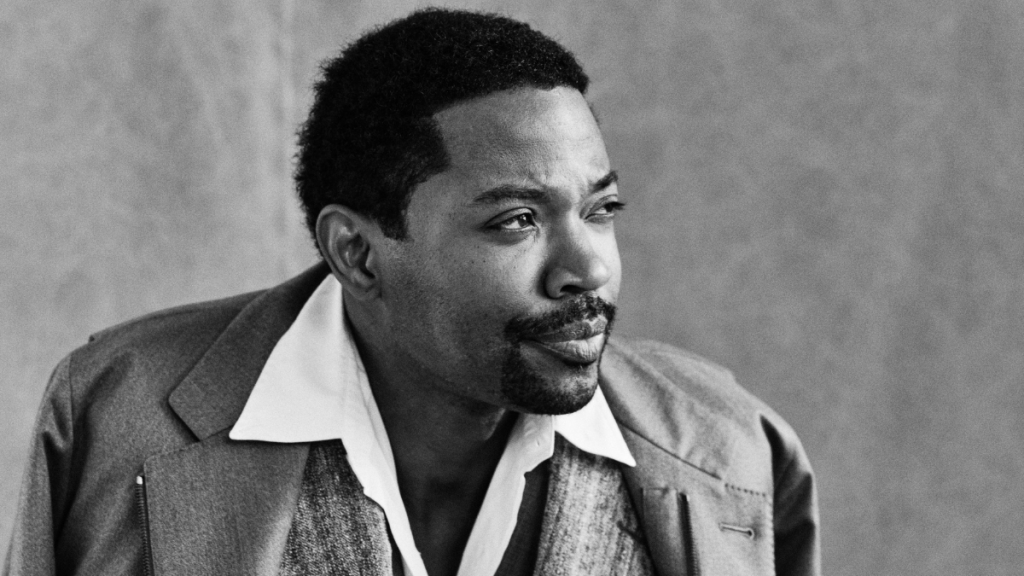Stephen Rider remembers the first time It came into his orbit, not with Welcome to Derry, but years ago, when he auditioned for the role of Mike Hanlon in It: Chapter Two.
He went as far as testing in Toronto, screen-reading, and becoming part of the final conversations. The part ultimately went to Isaiah Mustafa, but what stayed with Rider was something else: an email from director Andy Muschietti.
“Andy ended up writing me an email just saying he hoped to work with me on future projects,” Rider recalled. “Six years later… run it back.”

It: Welcome to Derry, which premiered on October 26 on HBO and drew 5.7 million U.S. viewers within its first three days, making it one of the top three series debuts on Max to date, marks Rider’s return to a world he once nearly entered.
This time, he steps in not as a member of the Losers Club, but as Hank Grogan, the father of a child targeted by Pennywise during a time when Derry was still learning to name its own horrors.
The story is set in the 1960s, and the show traces the roots of the fear that comes to define the town.
“Hank, to me, represents the everyman… our heroes didn’t live in Hollywood. They lived in our neighborhoods. They didn’t look different than you. They didn’t speak differently than you,” Rider told us. “He forced me to have to raise my game and really step out on faith. And with the script, the directors, with the other actors, my ensemble cast, I could land.”
The emotional weight of Hank rests in his grounding. A father protecting his child. A man trying to understand what cannot be explained. A person who loves deeper than he fears. It’s the kind of role where stillness becomes strength.
But the significance of this character stretches further. Hank and his family sit at the center of the story, something rare in a genre where Black characters have historically been sidelined, sacrificed, or flattened.
“Stephen King wrote about the Black Spot,” Rider said. “What I love is that Andy and Barbara [Muschietti] and Jason [Fuchs] and Brad [Caleb] had the guts and the courage to write about something that encompassed a world with Black folk, Indigenous folk, and put us at the center of this story… So this isn’t something added for diversity’s sake.”
For Rider, representation isn’t only about presence, it’s about detail, language, and texture. During production, he spoke with the creative team about the interior of the Grogan household.
“I went to Andy [Muschietti] and I was like, listen, this isn’t a Black home,” he shared. “There are certain things, a picture of Jesus, Martin Luther King, Malcolm, that have to be there. And they were open to it.”
This is the type of authenticity that matters because many of us pick up on those cultural references, and when we recognize them, we appreciate the details.
“When Black people watch it, they can smell when it’s not authentic,” he said. “But here, you can see yourself. That makes you feel proud.”
The world of Welcome to Derry is eerie and sprawling, but its humanity is built through intimacy. Rider speaks of his grandmother when speaking of Hank; her strength, her endurance, her legacy.
“My grandma had her first child at 15 and cultivated generations. She became great because she had to. That legacy lives in Hank.”
It’s why the weekly release model matters, with new episodes premiering on HBO on Sundays at 9 p.m. ET. Let the story breathe. Let the audience talk. Let social media do its thing.
“Stephen King is a storyteller before anything else. It’s not just about scaring you, it’s about making you care about these characters,” he said. “People get to digest it. Talk about it. Debate it. It brings community into storytelling again.”
The funny thing about destiny is that sometimes you see it only in retrospect. Rider didn’t get Mike Hanlon, and maybe that was the point. Something that aligned more with him was coming.
“Whatever is for you is for you and it makes sense when it makes sense,” he said simply.
Check out the full interview.
Photo Credit: Stephanie Diani




